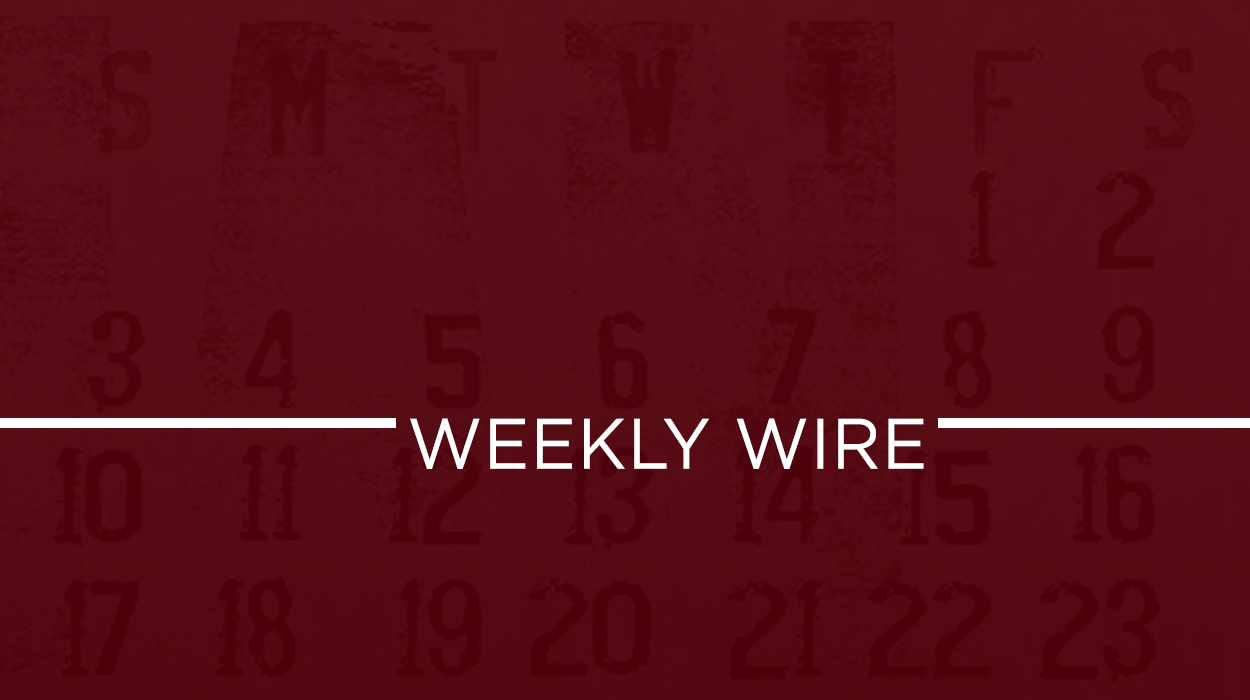
These are the stories we’re watching this week. Here is your Weekly Wire:
- On Friday, Walrus editor-in-chief Jonathan Kay and Walrus fellow Lauren Heuser published a piece on Justin Trottier, leader of the controversial mens’ rights group Canadian Association for Equality (CAFE). It originally failed to disclose that Kay’s mother, writer Barbara Kay, is one of CAFE’s advisory fellows. Jonathan Kay credited Twitter users for pointing out the ethical error and the piece was updated. However, nowhere did Kay fess up to the original ethical oversight, requiring readers to follow along on Twitter to get the whole story. (Note: for more on CAFE’s past controversies, click here, here and here).
- Recently unsealed search warrants show that Montreal police spied on La Presse journalist Patrick Lagacé as part of its investigation of officer Fayçal Djelidi, who police suspected of several illicit activities, as well as leaking information to the press. Police were prompted to surveil Lagacé after his name appeared in Djelidi’s phone. The revelation last fall that the Montreal police was spying on Lagacé sparked national and international condemnation (and hand-wringing over Canadian press freedom from the RRJ). As a result of the investigation (and unrelated to his contact with Lagacé), Djelidi was charged last summer with perjury, obstructing justice, breach of trust, and soliciting and obtaining sexual services.
- WikiLeaks Task Force, a WikiLeaks-affiliated account, threatened to dox verified Twitter accounts on Friday. “We are thinking of making an online database with all ‘verified’ Twitter accounts & their family/job/financial/housing relationships,” it said in a now-deleted tweet. (Thankfully, a screenshot of the original post is making the rounds.) Twitter verifies accounts of public interest to confirm that they’re authentic, and doxing them could potentially expose the personal information of thousands of users, including journalists, politicians, and celebrities. In a subsequent post, WikiLeaks Task Force claimed it was building “a metric to understand influence networks,” and called the bevy of stories about its post “dishonest.”
- President-elect Donald Trump called on House and Senate committees to investigate how NBC obtained information from an intelligence briefing on alleged Russian interference in the U.S. election, prompting a backlash from U.S. news organizations. The information was initially leaked to the Washington Post, but was confirmed by a “senior U.S. intelligence official” in NBC’s coverage (Trump has not complained about the Washington Post report specifically). A declassified version of the report has since been released.
To see more frequent updates from the RRJ, please follow us on Twitter. You can also subscribe to our weekly newsletter for more in-depth news analysis. We’ll be back with your next Weekly Wire on Monday, January 16.
About the author
This is a joint byline for the Ryerson Review of Journalism. All content is produced by students in their final year of the graduate or undergraduate program at the Ryerson School of Journalism.